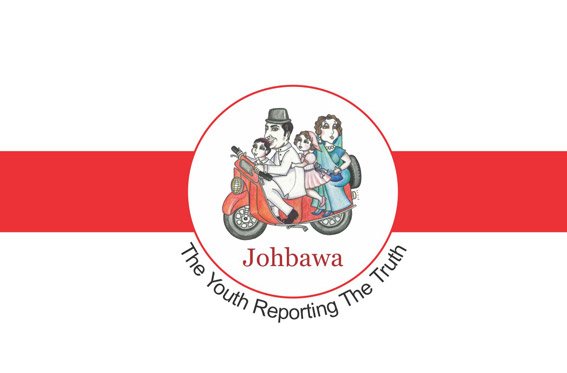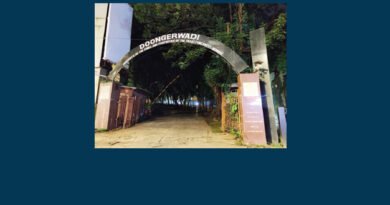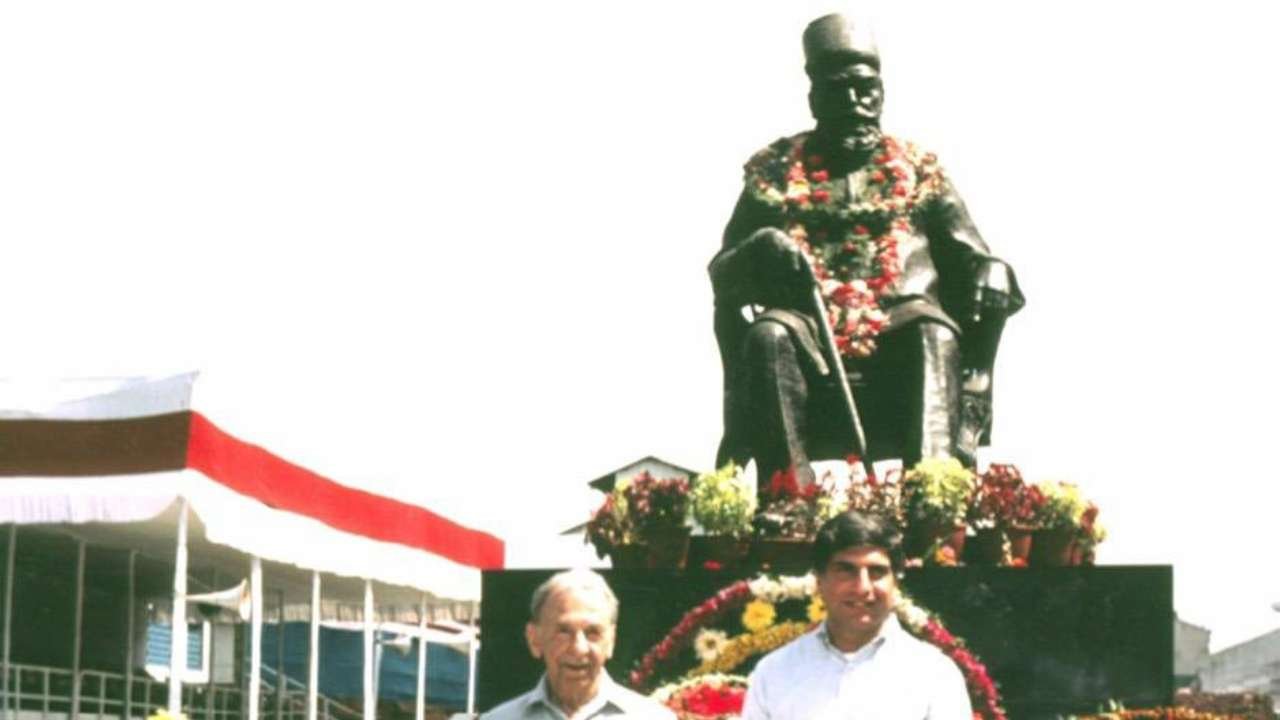To rent, lease or own?
The trustees of the Bombay Parsi Punchayet (BPP) are debating whether to continue with the policy of auctioning rental flats or giving them to the most deserving. Under the previous boards, a person desirous of shifting out of a BPP flat would be compensated by around 50% of the value of the property by the new entrant; the balance 50% being handed over to the trust as a part deposit, part donation. The justification offered by the former BPP trustees was that if a pragmatic approach was not adopted, very few, if any, would legally forego their tenancies. Unauthorized induction of occupants would result in litigation. Plus the BPP needed funds. Hardly anyone was donating money to the apex Bombay trust, largely due to the internecine wrangles among the trustees.
Critics claimed this policy of allotting flats to the highest bidder was unacceptable and violated the objectives set out by the settlors of the various trusts. Hence the debate. The resulting indecision has meant that those who want to move out of BPP housing and those who want to move in, are unable to do so. In the interim, the BPP continues to face a cash flow crunch. Allowing that in the preceding two years all BPP property transactions had come to a halt on account of the Charity Commissioner’s “status quo” order, the BPP needs to urgently decide on a policy to relieve the hardships of occupants and those desirous of shifting to the trust’s colonies.
In the past, the new entrant directly paid the outgoing occupant and the BPP. Among the alternatives now being considered is to buy out the tenant/licensee directly and allot the premises to the most meritorious on the BPP waiting list. But from where would the trust generate funds for such costly acquisitions? Another option is to offer the flat on a high deposit basis with a stiff monthly compensation. This is how several leave and license flats are leased in the open market. The quantum of the deposit and the monthly payments vary from flat to flat. Some flat owner may want a higher deposit and a lower compensation; others a low deposit and a high monthly payment. Many flat owners view deposits as a liability, something that has to be returned when the licensee vacates. Also a higher compensation, increased annually, biannually or triennially keeps pace with inflation, whereas a deposit earns a fixed and low rate of interest. The rate of inflation is usually higher than the interest earned from bank deposits. Any non-banking deposit entails an element of risk.
Leave and license flats are normally given on an understanding that the license would be renewed every three years or so. The BPP favored leave and license over tenancy so that in case a member of the licensee’s family married a non-Parsi, they could be booted out. The licensee is not protected under the Rent Act. With around 37% marrying out of the faith annually, the BPP believed this would serve as a major deterrent. Further, if a licensee was evicted, he or she only got the deposit amount back — not the donation or the amount paid to the outgoing tenant. With that low amount, the aggrieved party could only afford a home in the mofussil areas.
To offer a more equitable deal to Parsi home seekers, the BPP may ask for a low deposit and a high compensation (though not as high as the market rate, otherwise no one would avail of the offer). This way the party after occupying the premises could marry whoever they wanted and if a non-Parsi, the BPP could decide to either terminate the license prematurely or continue with the lease if the income is required. But the number of Parsis with a high net income who could avail of this scheme would be limited. Another shortcoming of this proposal is that the BPP would not have the capital required to pay the outgoing tenant.
Most Parsis prefer ownership or tenancy. Many flats offered for lease in Parsis-only covenanted buildings are unable to find high paying licensees. And even if one is found, a flat owner can never be sure the licensee will renew the lease after the specified period or even less or terminate the arrangement prematurely (after the lock-in period). The licensee may be transferred by his/her employers or find more equitable offers elsewhere. While a Parsi colony has certain advantages, the uncertainties and perceived idiosyncrasies of the trustees are a deterrent to many. Further, the BPP cannot predict how many flats would fall vacant in a year. If the number is high, the flats may go a-begging.
Another option is to take a lump sum as pugree and offer tenancy; but if the tenant marries out of the faith, the BPP will have to accept the reality. Under the Rent Act no court is going to evict a tenant because he or she married a non-Parsi. But the drawback in this scheme is that the amount received could be taxed in the hands of the trust.
Flats are not auctioned in all the colonies. In some baugs, flats that fall vacant are given on a nominal rent. So how will the BPP meet the rising cost of repairing and maintaining these colonies?
There are no easy answers to these complex issues. But a decision will have to be taken soon as the BPP needs the funds. Already there are complaints that the doles and subsidies are not being dispersed on time. (Parsiana has not been able to verify this allegation or the number of beneficiaries and the funds involved.) But besides flat transfers, the BPP does not appear to have any other major source of income aside from the interest earned on investments. And how long can the BPP survive by earning income from housing in a numerically depleting community?
When and if the Godrej Baug ownership building and any other such structures are constructed, the BPP’s coffers will be augmented. But the last batch of trustees did not even get as far as laying a foundation stone, leave aside constructing thousands of flats as promised during the 2008 election campaign. Even if an ownership building or two are built, after that, what?
The BPP has to look for a financial future outside of housing. The anjumans elsewhere in India and the Zoroastrian associations abroad nearly all survive without having a bank of flats to milk. Their costs and numbers are, of course, lower. But they meet their expenses and achieve the objectives of the trust. Some go beyond, and work wonders. Perhaps this may be the opportune time for the BPP to begin a dialog with the community on which path the trust should choose to follow.
Published on Parsiana





